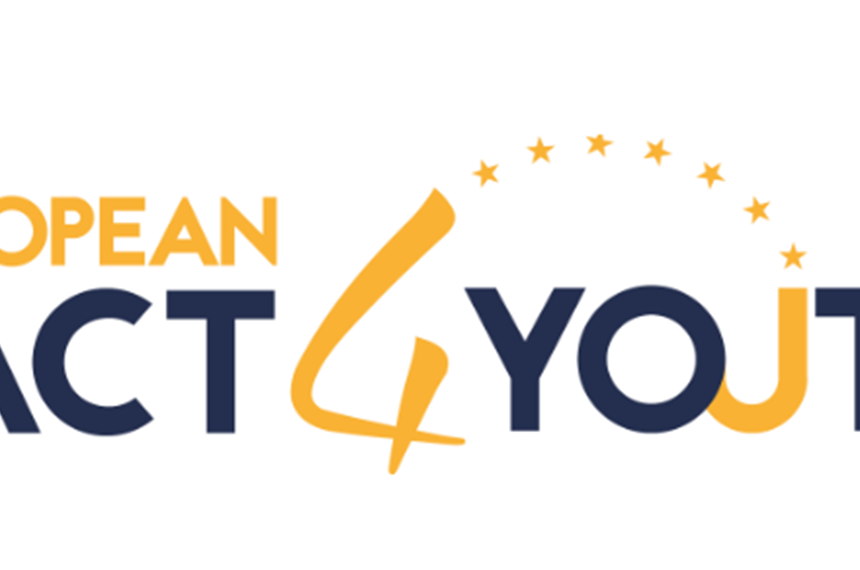
- Blog
- European Pact for Youth: Business-education partnerships to boost youth employment and inclusion in Europe
European Pact for Youth: Business-education partnerships to boost youth employment and inclusion in Europe
In Europe more than 7 million 15-24 year olds in Europe are neither in employment, education or training (NEETs). There are still more than 4.4 million early leavers from education and training. They are missing out on the opportunity to learn and acquire skills, knowledge and competencies that they could use throughout their lives in order to participate fully in the development of a prosperous and inclusive society.
In order to be competitive in the global market, companies in Europe more than ever need young people with the right skills. At the same time, Europe has a significant untapped human capital potential. To achieve higher sustainable growth and more innovation, and take full advantage of the skills and talent available in Europe, business and the education sector need to open up to the world and to each other.
To support the transition from education to employment or from unemployment into work, and to ensure that young graduates are equipped with the relevant set of skills that can help increase both their employability and companies’ competitiveness, ABIS is partnering with CSR Europe in the European Pact for Youth, an initiative which aims to create a fair and equitable culture of partnership between business and education in Europe.
Launched by CSR Europe and the European Commission on November 17 at the Enterprise 2020 Summit, the European Pact for Youth is a mutual engagement of business leaders and the EU to create a culture of business-education partnerships to make learning and teaching more exciting and improve the chances for young people of getting a job.
With the scope to develop and consolidate partnership in support of youth employability and inclusion, Pact4Youth has set three main objectives:
1. Boost the number and quality of business-education partnerships for youth employability and inclusion.
2. Reduce the skills gaps.
3. Contribute to the EU and national policies on skills for competitiveness and employability.
The proposal suggests action not only at EU-level, but also focusses on impactful actions that could be taken by Member States and businesses. In addition, it sets out concrete targets to be achieved by 2030, such as for instance ensuring that all teachers benefit from a business-education partnership to enhance their leadership and professional development. Schools are also encouraged to follow-up on their graduates, as a means to measure better the success of the education they have received.
Author: Marco Matrisciano (Abis - The Academy of Business in Society)

Follow us on